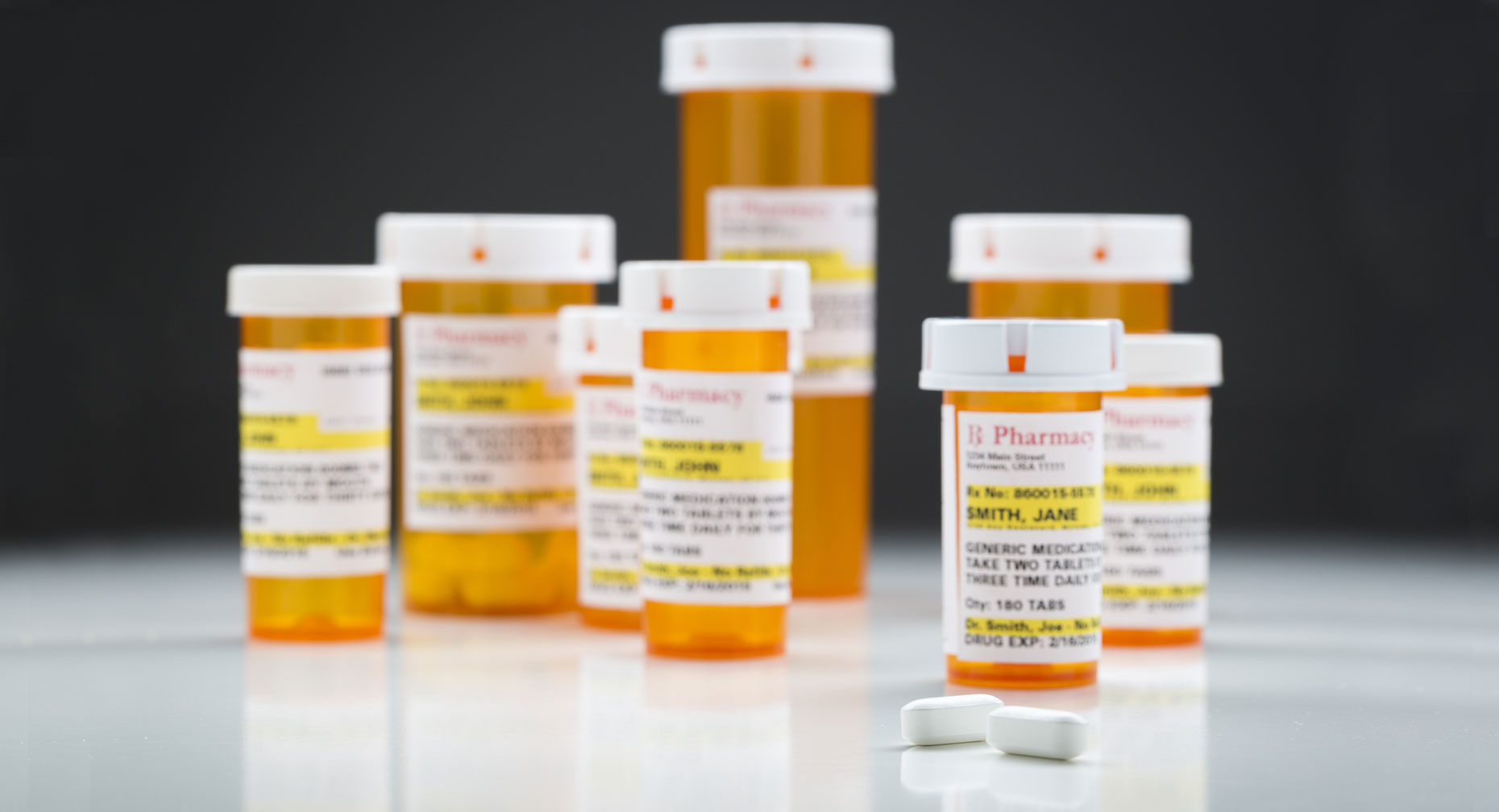How to Find the Best Antidepressant for You

Find Your Perfect Match
Answer a few questions and we'll provide you with a list of primary care providers that best fit your needs.
For most adults with depression, antidepressant medications work.
Doctors prescribe them alone or in combination with psychotherapy or counseling, as well as lifestyle modifications such as physical exercise.
However, the effectiveness of each type of antidepressant can vary from one person to the next. This is because they affect different brain chemicals that may have a role in depression.
Open Communication is Key
- Asking your doctor key questions
- Sharing with your doctor important medical information, such as the other medications or supplements that you take
- Reporting to your doctor symptoms, changes in symptoms, and medication side effects that you experience
And be aware: Finding the right medication for you can sometimes take time.
Your symptoms may take a few weeks to improve with a new medication. And you and your doctor may need to try more than one medication before finding the right one. In some cases, a medication may help at first, but then depression symptoms return. This means you and your physician will need to find another medication.
Types of Antidepressants
 Antidepressants come in five primary types:
Antidepressants come in five primary types:
- SSRIs (serotonin reuptake inhibitors) are often the first type of antidepressant doctors recommend. That’s because these medications tend to have fewer side effects than other types.
- SNRIs (serotonin and norepinephrine reuptake inhibitors) often are chosen because they don’t interfere with certain medications that patients are already taking for other conditions.
- Atypical antidepressants don’t fit into other classes of antidepressants. They are each unique medications that work in different ways from one another.
- Tricyclic antidepressants, which are among the oldest antidepressants, are used less often today because they’re more likely to have side effects. They usually are not recommended for older patients as they can affect blood pressure and heart rate.
- MAOIs (monamine oxidase inhibitors) can have serious side effects, so they are typically reserved as a last resort, when other antidepressants don’t work. Side effects include weakness, dizziness, headaches and trembling. In addition, MAOIs can cause dangerous reactions if taken in combination with certain foods, another antidepressant or some over-the-counter cold and flu medicines.
Take Only as Directed
No matter what type of antidepressant you take, always take it exactly as your physician directs. This will reduce your risk of side effects and increase the medication’s effectiveness in controlling your depression.
Never stop taking an antidepressant without talking with your healthcare provider. You may be feeling better and more like yourself, but that’s likely because the antidepressant is working. If you stop taking your medication, your depression could return. You could even risk suicide.
The safest way to stop taking an antidepressant is gradually tapering off the dosage under your doctor’s direction. Antidepressants aren’t addictive, but stopping them abruptly could cause withdrawal symptoms and a return to depression.
What to Ask About Antidepressants
To help ensure that your healthcare provider prescribes the safest and most effective antidepressant medication for you, here are questions to ask her:
What side effects are possible?
Most antidepressants have side effects. In many cases, these lessen over time. Related to this, also ask what side effects you should report. Some are more serious than others. Common side effects include:
- Nausea
- Dry mouth
- Headache
- Sexual dysfunction
- Sleepiness or problems falling asleep
- Constipation
- Urination problems (mostly in men)
- Dizziness
- Restlessness
- Blurred vision
What if side effects don't go away?
If you experience lingering side effects, notify your doctor, who may change your dosage or try another medicine.
Finding the right medication for you can sometimes take time.
How long will it take for the medicine to improve my depression?
Antidepressants commonly take three to eight weeks before helping you feel better.
What kinds of drugs will this medication interact with?
Antidepressants and other medications you take can impact how well each works. You’ll help your doctor choose the most effective antidepressant for you by sharing with her what other prescription and over-the-counter medications — and herbal supplements — that you take.
Can I take this medication while pregnant?
Some antidepressants are safe for pregnant women. Others are not. So if you plan to get pregnant, tell your doctor. And tell your doctor immediately if you become pregnant while taking an antidepressant. You may need to change medicines. The same is true if you plan to breastfeed your baby.
What about birth control or hormone replacement therapy?
Taking birth control pills or hormone replacement therapy while taking depression medicine is safe in most cases. Hormones may ease depression for some women. And in some cases, birth control pills can bring on depression symptoms. If you experience this, your doctor may recommend an alternative birth control method to confirm that the birth control pills are the cause.
Can I drink alcohol while taking antidepressants?
You should avoid alcohol while taking an antidepressant because it can counteract the effects of the medicine and worsen depression. Alcohol may also increase the side effects of some antidepressants.
How will I know when my medicine is working?
When your antidepressant medication works you’ll notice a range of improvements in your daily life. You’ll feel more energetic. You’ll sleep better. You’ll feel more engaged in life and better able to meet responsibilities. Your appetite will return to normal. And your family and friends will likely notice the difference.
Find Your Perfect Match
Answer a few questions and we'll provide you with a list of primary care providers that best fit your needs.
Source: National Institute of Mental Health; FamilyDoctor.org



.tmb-card-head.webp?sfvrsn=680c0961_8)
